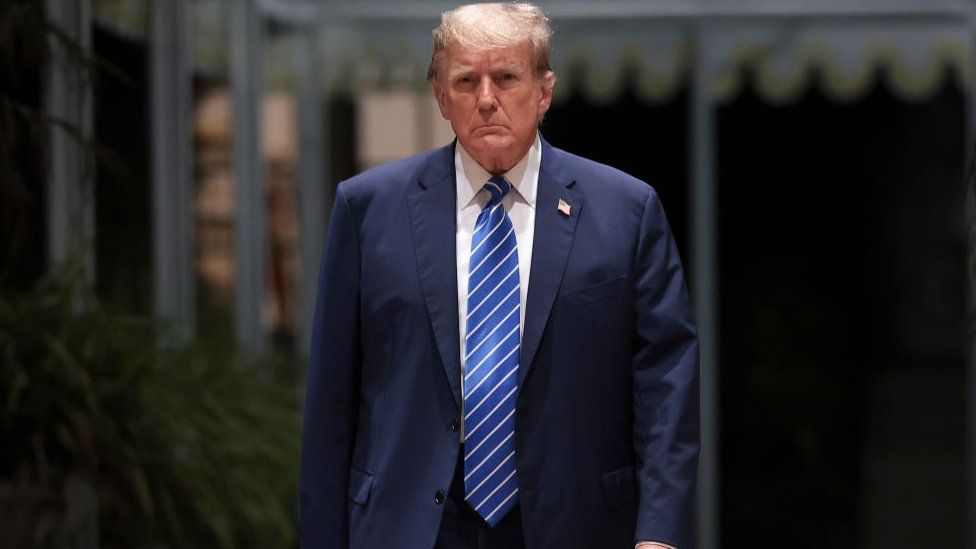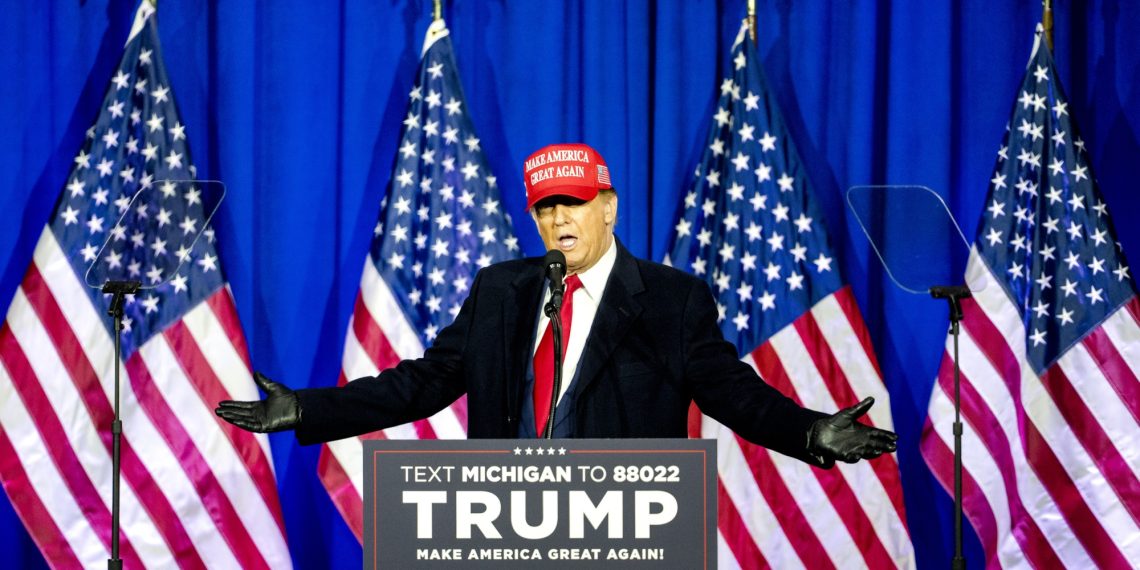Donald Trump faces mounting challenges in a New York civil fraud case as 30 surety companies reject his bid for a bond to cover a $454 million judgment. His legal team disclosed the setback on Monday, underscoring the potential threat of property seizures looming over the former president.
The judgment, issued by Justice Arthur Engoron on February 16, stems from allegations that Trump misrepresented property values to deceive lenders and insurers.
While Trump denies any wrongdoing, the adverse ruling imperils his real estate empire and exacerbates his legal woes.

Efforts to secure a bond, an important step to stave off asset seizures while appealing the judgment, have hit a dead end.
Trump and other defendants, including two of his adult children and Trump Organization executives, approached 30 surety companies through four brokers without success. With judgments totaling $10 million against other defendants, Trump faces significant financial pressure.
The rejection leaves Trump with limited options, he must either pay the hefty sum personally or post a bond within 30 days of the court’s formal entry of the order on February 23.
Failure to meet this deadline risks the state seizing Trump Organization assets to satisfy the judgment, heightening the urgency of his legal maneuvers.

Trump’s legal team filed a motion urging a mid-level state appeals court to delay enforcement of the judgment, citing its purported excessiveness.
However, the timing of the court’s decision remains uncertain, leaving Trump in a precarious position as he navigates the complexities of the legal system.
As Trump faces the possibility of property seizures and grapples with mounting legal challenges, the outcome of his appeal will shape the trajectory of his real estate empire and his political ambitions.





